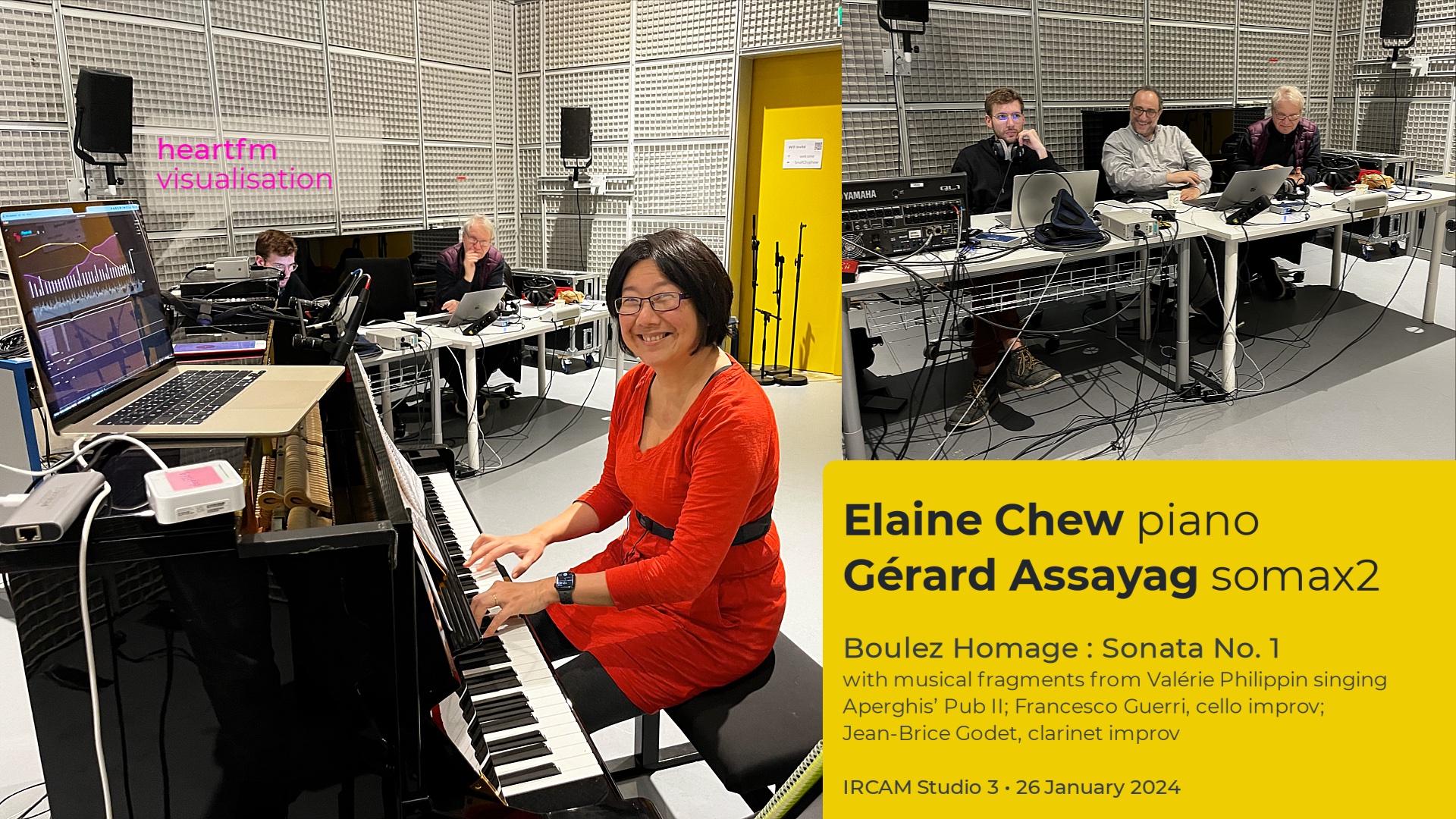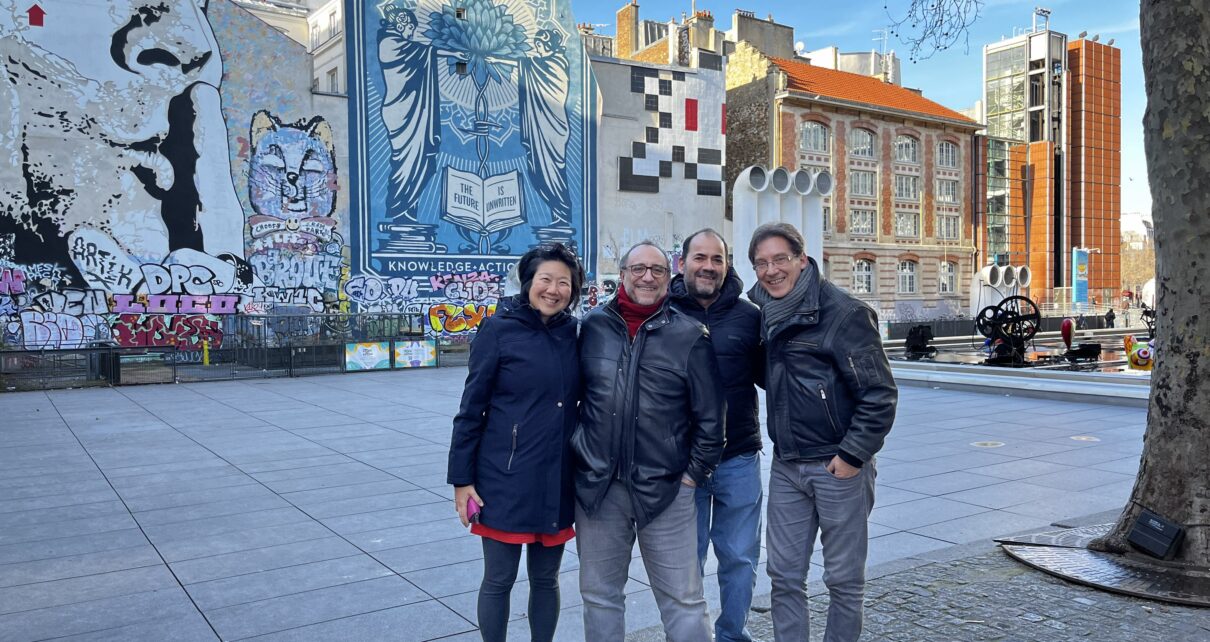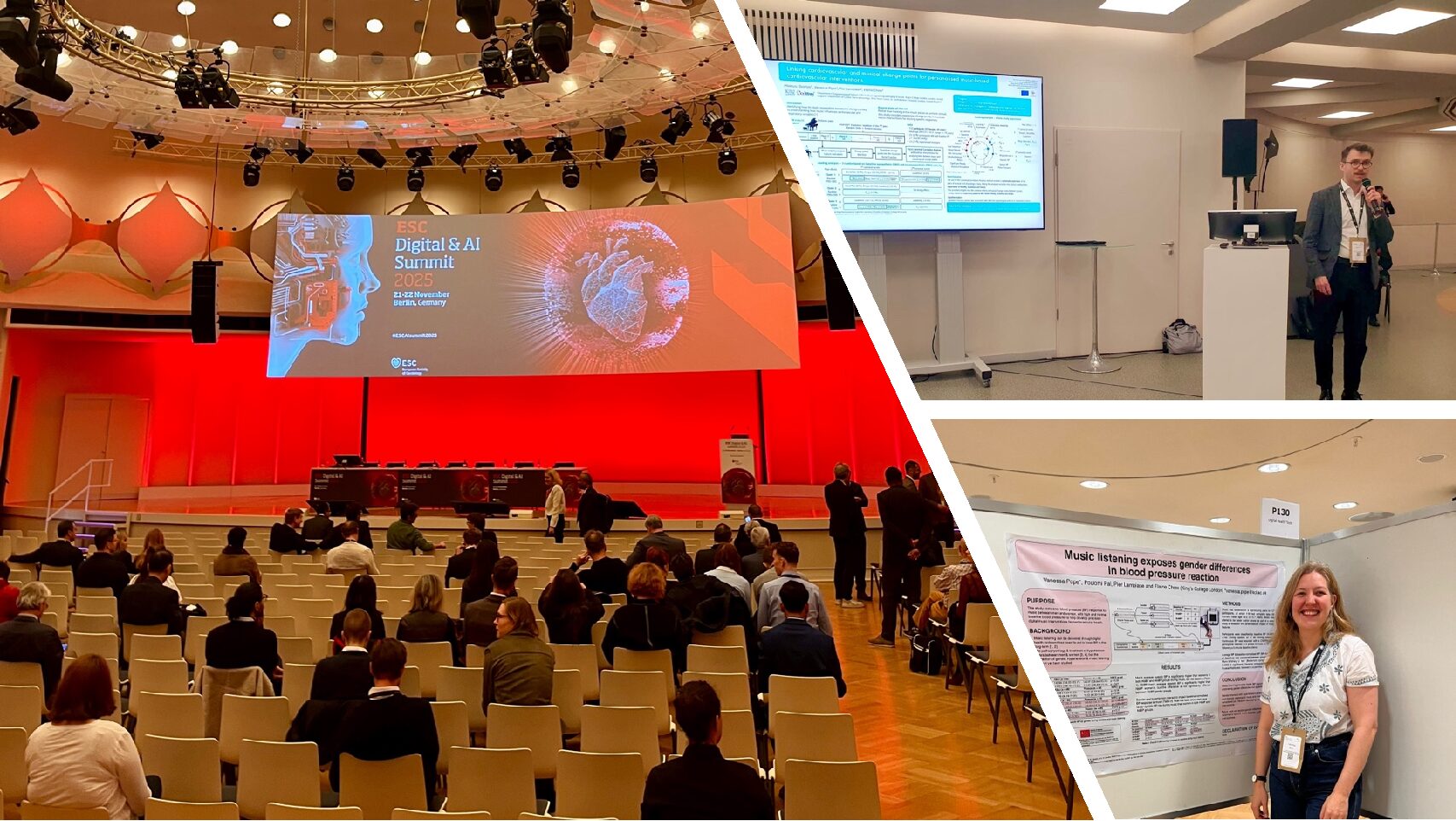Mathemusical Encounters in Singapore : a Diderot Legacy, MES2024, a new mathematics and music international workshop made possible by generous support of the National University of Singapore Institute of Mathematical Sciences and Yong Siew Toh Conservatory of Music will take place 19-23 February 2024 at the YSTCM. The registration link can be found at ims.nus.edu.sg/events/mathemusical
Co-organised by Carlos Agon, Moreno Andreatta, Gérard Assayag, and Elaine Chew, MES2024 marks the 25th anniversary of the original Diderot Mathematical Forum on Mathematics and Music initiated by Jean-Pierre Bourguignon and organised by Gérard Assayag, Hans Georg Feichtinger, and Jose Francisco Rodrigues concurrently in Lisbon, Paris, and Vienna in 1999.
It has also been 9 years since the inaugural mathemusical event in Singapore in 2015 co-organised by Elaine Chew, Gérard Assayag, and Bernard Lanskey : Mathemusical Conversations: Mathematics and Computation in Music Performance and Composition. MES was originally scheduled to take place in 2021, but had to be postponed due to COVID. We are excited that it is now imminent.
The topics and presenters at MES2024 are summarised below. Full details are at:
Program: https://ims.nus.edu.sg/wp-content/uploads/2024/02/1402_1-Workshop.pdf
Abstracts: https://ims.nus.edu.sg/wp-content/uploads/2024/02/0102-MES-Abstract.pdf
PROGRAM
Mathematical and Computational Approaches
Martin Rohrmeier: Syntactic Structures in Music
Isabelle Bloch: Mathematical morphology: Algebraic setting and applications
Dmitri Tymoczko: A New Model of Musical Hierarchy
Jason Just: Coherence of Harmonic and Rhythmic Qualities
Anja Volk: Connecting Computational Models of Musical Structures with Developing Music Technology for Health, Wellbeing and Inclusion
OPENING CONCERT: Margaret Leng Tan
Machine Learning, Generativity, Interaction
Cheng-zhi Anna Huang: Deep Learning for Musical Creativity
Shlomo Dubnov: Modeling Creative Interaction Using Information Theory
Stefania Serafin: Mixed realities in health and culture
Dorien Herremans: Towards generative music AI models with multimodal controls
Nicolas Obin: Generative modelling of speech: from human-like to expressive speech and beyond – a journey in Wonderland
PIANO RECITAL: Bertrand Giraud & Albert Tiu
Computational Physiology/Medicine
Julian F Thayer: What Are Emotions and Why Does Music Elicit Them?
Ye Wang: Neuroscience-inspired Sound and Music Computing for Human Health and Potential
Kat Agres: The efficacy of music interventions for mental health and emotion mediation
Michael Casey: Music in Epilepsy Research: Physiological Effects and the Search for their Causes
Esa Räsänen: The Physics of Drumming: Science & Art of Being Slightly Off
Education, Learning and Creativity
Andrew Milne: Enhancing music learning and creativity with maths and AI
Rachel SY Chen: Rhythm in the interactions between Autistic individuals
Frederick Leah: Musical Spaces as Instrumental Spaces
LUNCH CONCERT: Dmitri Tymoczko, Moreno Andreatta, Anna Huang, Peter Edwards, Dorien Herremans
Round table (hybrid format) on the Diderot Forum legacy and future perspectives:
Elaine Chew, Emmanuel Amiot, Gérard Assayag, Hans Georg Feichtinger, Jean-Pierre Bourguignon, Jahanna Devaney, Jose Francisco Rodrigues, Monika Dörfler, Philippe Codognet
FINAL CONCERT: Members of the Red Dot Baroque, Karst de Jong, Elaine Chew, Gérard Assayag
Student and Early Career Researchers
Paul Lascabettes: Using Mathematical Morphology to Discover Repeated Patterns in a Multidimensional Representation of Music
Gonzalo Romero: Mathematical Morphology as a tool for analyzing symbolic music
Nathanael Koh: Exploring New Soundscapes: A Decatonic Framework for 7-limit Just Intonation
Jyoti Narang: Challenges and Insights in the Analysis of Musical Dynamics in Singing Voice
Mateusz Soliński: Computational models of musicians’ physiological response to music: from detective work to opportunities

Check out the sneak preview of Elaine Chew and Gérard’s Assayag’s Boulez Homage with Boulez’s Sonata No. 1 and Somax2 to be presented at the FINAL CONCERT




